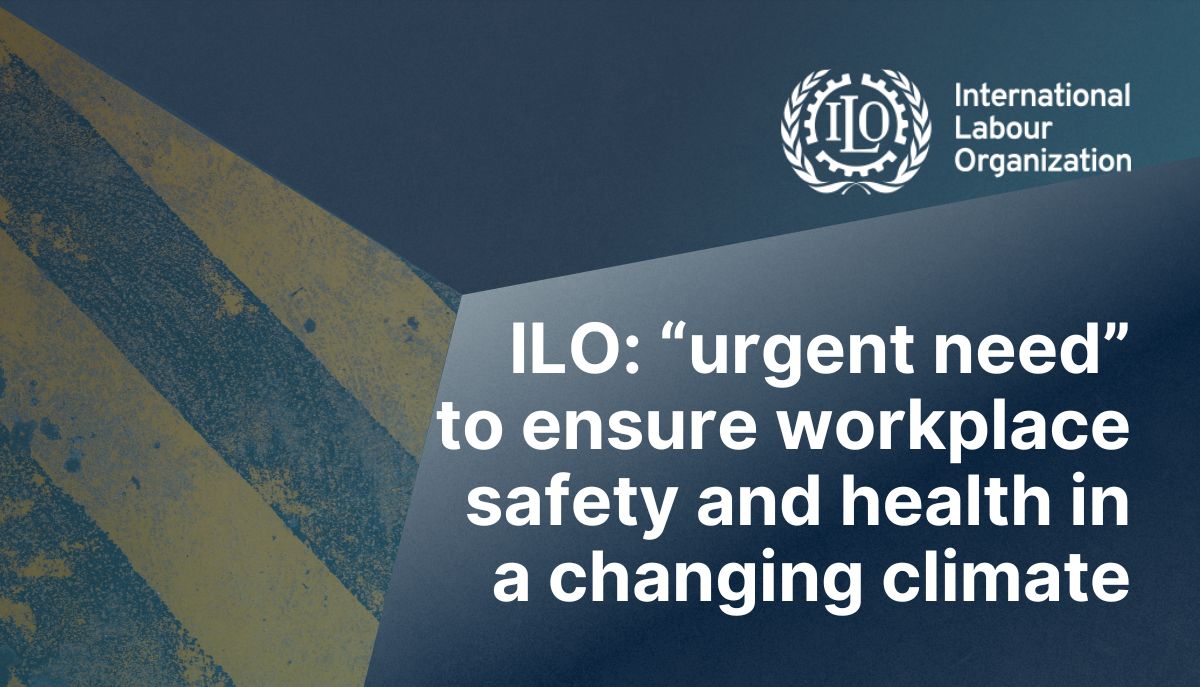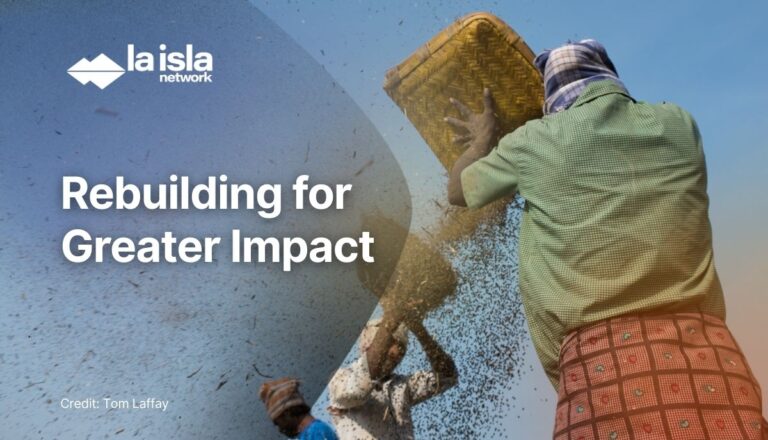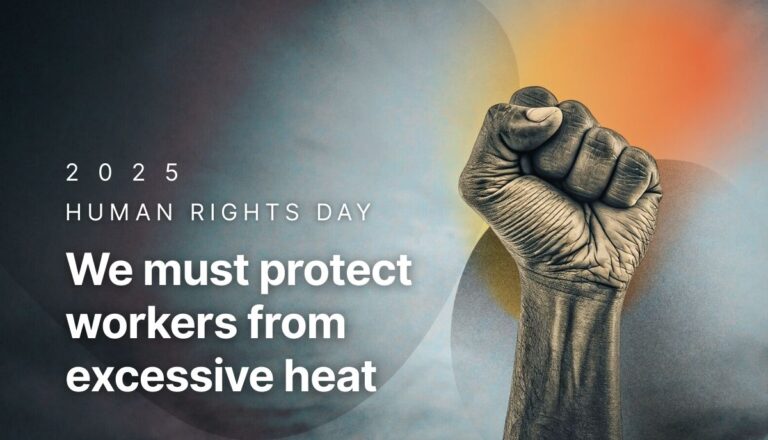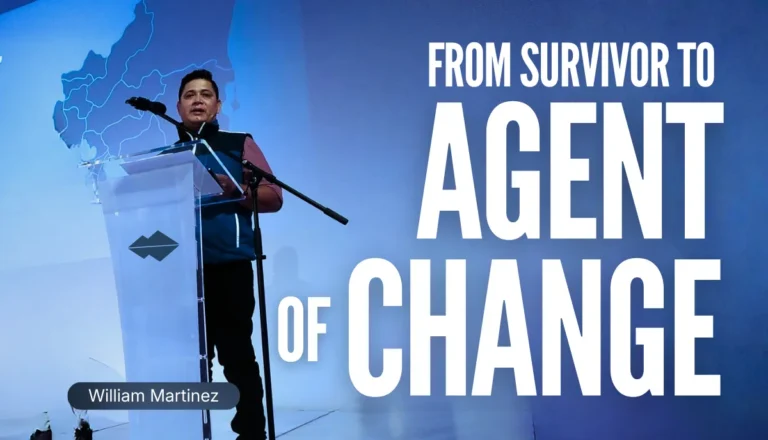There is an urgent need to address the impacts of climate change on the health and safety of workers, said the International Labour Organization, the UN agency on international labor standards, in a report released on April 22.
Climate change is making heat more extreme, harming the health and safety of workers. The ILO report found that 22.85 million injuries and 18,970 fatalities in the workplace every year are linked to extreme heat exposure.
If left unaddressed, extreme heat will decrease worker productivity and increasingly impact the economy. Another ILO report published in 2019 found that by 2030, there will be an estimated $2.4 trillion in financial losses due to heat-related illnesses, even if we limit the rate of warming to 1.5°C above normal levels. preindustrial. Furthermore, between now and 2030, 80 million jobs will be lost due to high temperatures.
Many businesses around the world are already protecting their workers from extreme heat. For example, La Isla Network has worked with the sugarcane mill Ingenio San Antonio, producer of Flor de Caña rum, to develop and implement occupational safety and health practices centered on rest, shade, hydration and sanitation. These have been shown to protect workers from extreme heat, when they are tailored specifically to the work using data collected on-site. La Isla Network has also started a similar project with Diageo, a global spirits company.
Furthermore, the European Parliament approved on April 24 the European Directive on Corporate Sustainability Due Diligence (CSDDD or CS3D), which compels EU member countries and companies operating in the EU to address human rights abuses and environmental damage within their operations.
Climate change is a crisis of human health
Climate change is driving other health risks in the workplace, said the ILO report. These are: solar ultraviolet radiation, extreme weather events, workplace air pollution, vector-borne diseases and agrochemicals.
Still, extreme heat is a standout. The report finds several acute and chronic effects tied to extreme heat exposure. Death is the most serious acute effect.
Among the chronic effects are chronic kidney disease. An estimated 26.2 million persons living with chronic kidney disease attributable to this exposure in 2020, said the ILO. TIME magazine in 2023 said chronic kidney disease is poised to be the black lung of climate change.
Those most at risk are outdoor workers in physically demanding jobs, and indoor workers in poorly ventilated workplaces where the temperature is not regulated.
Progress is possible, but will be slow
A blueprint for progress exists, said the ILO, in the form of ILO treaties and conventions on OSH.
At the root of progress is the human rights to work and to a safe and healthy working environment.
But climate change mitigation measures are unlikely to take effect for years. As such, the ILO believes effective and targeted adaptation policies, laws, regulations and strategies at the national level alongside workplace preventive measures are critical to ensure safe and healthy working environments.
In an unprecedented effort, the report compiles the various policies, laws and other initiatives undertaken by states at the national and regional levels, as well as evidence-based practices of management of heat-related risks at the workplace level.
But the ILO has not yet updated its guidelines on heat stress, and has only reiterated those given in the Chapter 8 of the 2001 ILO Code of Practice on Ambient Factors in the Workplace. Such an update is urgent.
The full ILO report ‘Ensuring occupational safety and health in a changing climate is available at: Ensuring safety and health at work in a changing climate | International Labour Organization
Thank you for reading. La Isla Network protects workers in a changing climate. We generate and implement data-driven worker protection and management assessment protocols to improve the resiliency of workforces and businesses to heat stress. For more information please contact Click to reveal.




